I love making stuff.
From baking scones on Saturday mornings with my daughters to recording podcasts and writing blog posts, almost nothing brings me as much joy and satisfaction as using my own creativity to bring something new and useful (or delicious) into the world.
And while we usually think about the benefits of creativity in terms of productivity, financial reward, fame, or just simple pleasure, I think there’s another set of benefits to a consistent creative practice that many people don’t consider…
Creativity is good for our emotional health.
In the rest of this article, I want to share a handful of specific emotional benefits that I’ve observed come from cultivating a consistent creative habit.
These are partly a reflection of my own personal experiences. But they’re also drawn from my years of working with clients in my therapy practice and observing how consistent creativity has benefited them—and how its absence has hurt.
1. It’s genuinely exciting
Modern life is full of pseudo-excitement: Seeing that someone “liked” your photo on Instagram, for instance, or watching the newest episode of your favorite Netflix series.
I use the term pseudo-excitement primarily because this type of excitement often doesn’t last. Like the hit of pleasure you get from biting into a candy bar, pseudo-excitement is a temporary rush that ultimately leaves us no better off than before.
This isn’t the place to dive into the nuance of why that’s the case. But I think the basic reason is that the activities that lead to pseudo-excitement are often passive and require little significant investment of ourselves.
On the other hand…
Activities that require us to be proactive and to invest ourselves into them in some way, tend to result in a much more profound and lasting feeling of excitement.
A simple example of this is what’s called The Ikea Effect. A slew of research studies have shown that people place a higher subjective value on things they made or contributed to making compared with things of equivalent objective value they simply purchased or inherited.
In other words, you’re going to have a harder time parting ways with that Ikea cabinet you put 3 hours of sweat and effort into assembling than a similar one you had delivered fully assembled.
I think many people struggle with a deep sense of apathy and boredom because they unwittingly fill their lives with pseudo-excitement and at the same time lack genuine excitement—the kind that resonates deeply, leading not just to a moment of excitement but to a perpetual feeling that life itself is exciting and they’re excited just to be living it.
If you buy that, then one of the best ways to get more genuine excitement into your life is to build a consistent habit of creativity.
Now, this doesn’t mean you have to go out and become a prolific oil painter or start working on a 500-page novel. It can—and probably should—start much smaller and simpler than that.
For example, one of my family’s weekly meals is a chicken Caesar salad. And of course, one of the best parts of a Caesar salad is the crunch of yummy croutons. But here’s the thing about croutons: they’re surprisingly expensive and—turns out—pretty unhealthy.
Recently, it dawned on me that I could probably just make my own croutons. And sure enough, after 30 seconds of googling, I found a simple recipe for homemade croutons.
Now we use our leftover sourdough bread from Saturday morning French Toast, add a little olive oil, a handful of herbs and spices, bake for 15 minutes, and voila: utterly delicious and drastically more healthy croutons!
Of course, who am I to say that making croutons is genuine excitement and scrolling Instagram is pseudo-excitement, right? Well, no one, really. Obviously, to some extent, everyone is going to have different things that lead to genuine vs more superficial forms of excitement.
I’m simply suggesting that…
- It’s important to be sensitive to the difference between superficial and lasting excitement, whatever contributes to it.
- Lasting excitement tends to come from things that we invest ourselves into proactively and creatively instead of things we passively receive or consume.
If you want more excitement in your life, look for small ways to be consistently creative.
2. It’s confidence-building
Everybody has their insecurities in life:
- For some people, it’s worrying about what other people think of them
- For some people, it’s not living up to parental expectations
- For some people, it’s dying alone
And it’s human nature that we instinctively try to avoid things that expose our insecurities:
- We avoid socializing with new people we don’t trust
- We follow the traditional career path of our family culture
- We keep ourselves so busy that we never have a spare second to ponder anything remotely existential
Unfortunately, avoiding our insecurities only fragelizes us in the long run:
- When you avoid socializing with new people, your ability to socialize despite feeling anxious never improves (and probably atrophies), and so you end up feeling even more insecure.
- When you give up on your passions in order to follow other people’s expectations, you reinforce that what you want doesn’t really matter, which makes you feel even more insecure.
- When you never give yourself time to confront your existential fears, your imagination makes them bigger and scarier with each passing day that brings you closer to death.
You only get to the feeling of confidence through the act of courage—by doing things that are uncomfortable and scary in the moment and thereby proving to yourself that you can.
Of course, the idea of becoming more confident by practicing being more courageous can seem a little daunting!
This where creativity comes in…
Having a simple but consistent practice of creativity in any area of life encourages us to stretch ourselves and do difficult things. It literally encourages us!
A couple simple examples from my own life and creative interests:
- If you’re in the creative habit of baking, at some point you’re going to have a surplus of cupcakes or muffins or tarts and you’re going to share them with a neighbor so they don’t go to waste. And more than likely that neighbor is going to compliment you and reinforce not only the act of baking but also the act of sharing the fruits of your creativity in public. And that is profoundly confidence-building. Being creative nudged you into being more socially courageous!
- If you’re in the creative habit of blogging, at some point someone is going to leave you a heart-felt comment about how much they resonated with what you said. This is reinforcing of your ability to express yourself publicly despite feeling afraid to do so. Which means the next time you go to hit publish, you’re going to feel just a little bit less nervous and a little bit more confident. The act of creativity moved you to courage!
One of the most amazing benefits of creativity is that it is literally encouraging—it instills courage into us!
The more courageous we act, the more confident we feel.
3. It’s connecting
Like a lot of people, I’ve done creative things off and on most of my life.
But it wasn’t until a few years ago that I started committing to consistent creativity with my writing.
When I set up my blog and newsletter and started writing a few years ago, I told myself that I would try to publish an article at least once a week. Turns out, I typically have so much I want to write about that it ends up being more like 2 or 3 times per week.
One benefit I would never have expected is how connecting this creative habit has been:
- Within 6 months or so, I had been invited to join a writers group online and quickly started making friends with several other writers. Fast forward a couple years, and I consider those friends some of my best friends in general!
- I’ve connected with other psychologists and mental health professionals who are interested in sharing their work publicly and in a variety of creative ways.
- I’ve had numerous job offers from people who found my writing, liked what I had to say, and just cold emailed me asking me to join their teams.
- And then there’s the connection with you, my readers! It’s incredible how many kind, thoughtful messages I get from complete strangers sharing how much my work has impacted them or what they’ve learned.
But here’s the best part: Committing to a creative habit hasn’t just been connecting in a general sense. It’s been connecting in a surprisingly intimate way…
We’re all connected. Just look at how many Facebook “friends” you have or people you follow on Instagram. But how many of those are authentic relationships? I don’t know about you, but for most of the people I’m connected with on social media, it’s not a particularly deep or meaningful level of connection.
One of the many bits of magic that comes with consistently creating and putting yourself out there into the world via your art and work is that you end up connecting with other people on a meaningful and intimate level.
I imagine a big part of this is because creating publicly is an act of vulnerability. And nothing accelerates intimacy and depth of connection like vulnerability.
So when two creators meet, there’s almost an instant acknowledgment of shared values and struggle which lets you bypass all the superficial stuff and go straight to more meaningful layers of connection.
4. It’s calming
This one is strange. And honestly, I don’t think I have a good explanation for why it’s true.
But it’s been my experience that having a consistent creative outlet has made me a calmer person.
Most days, I do some creative work. Usually, it’s writing, but it could be recording or editing a podcast, baking, or teaching a workshop.
But every once in a while, I find myself going a few days in a row without really creating. And almost inevitably, I find myself feeling a bit more scattered, on-edge, and revved-up. It’s almost as if I have too many ideas and instincts bouncing around in my brain. And if there’s nowhere for them to go, my mind gets noisier, busier, and certainly more stressful.
On the other hand, when I’m regularly translating those ideas into something in the real world, it’s like my mind stays tidier and calmer. And as a result, I just feel more at peace.
I can’t prove it, but here’ my theory:
A creative mind brings peace of mind.
I think this is why so many artists and investors describe their work as a compulsion:
- They paint because they just have to…
- They write because something in them compels them to…
- They tinker with new gadgets and inventions because something is pulling them to…
The other distinction that’s worth mentioning here is that just because creative work is calming doesn’t mean it isn’t hard and stressful at times. It definitely is!
But while creation often brings immediate stress and effort, I’ve found that it tends to bring calm and quiet in the long term.
As a psychologist, I work with a lot of people who struggle with anxiety and chronic worry. And one of the more interesting things I’ve observed is that periods of high anxiety often correlate with periods of low activity and creativity. On the other hand, periods of heightened creative output tend to bring calm and relief from worries.
Of course, correlation doesn’t mean causation. And it’s entirely possible for many that anxiety interferes with creativity more than creativity alleviates anxiety.
Still, in informal experiments with many of my most anxious clients, I’ve found that even when they’re feeling incredibly anxious and worried, making small amounts of time to do something creative often has an anxiety-reducing effect:
- Playing guitar for 20 minutes
- Writing a haiku about the weather this afternoon
- Fixing that broken doorknob in the bathroom
- Redesigning a page of your website
I even wonder whether chronic anxiety is sometimes our brain’s way of telling us that we’re not spending our time and energy the way we should—the way we really want to deep down… That we’re so busy doing what we think others want or expect us to do that we have no time to follow our own interests or passions.
What if anxiety is unspent creative energy?
Obviously, this won’t always be the case. But I do think it’s probably true more often than we realize. And if it is, it’s probably worth asking ourselves why we’re not being a little more creative in our lives?
All You Need to Know
One of the most under-appreciated ways to improve your emotional health and resilience is by cultivating a consistent habit of creativity.
Here are 4 psychological benefits that often come with committing to a more creative life:
- It’s genuinely exciting
- It’s confidence-building
- It’s connecting
- It’s calming
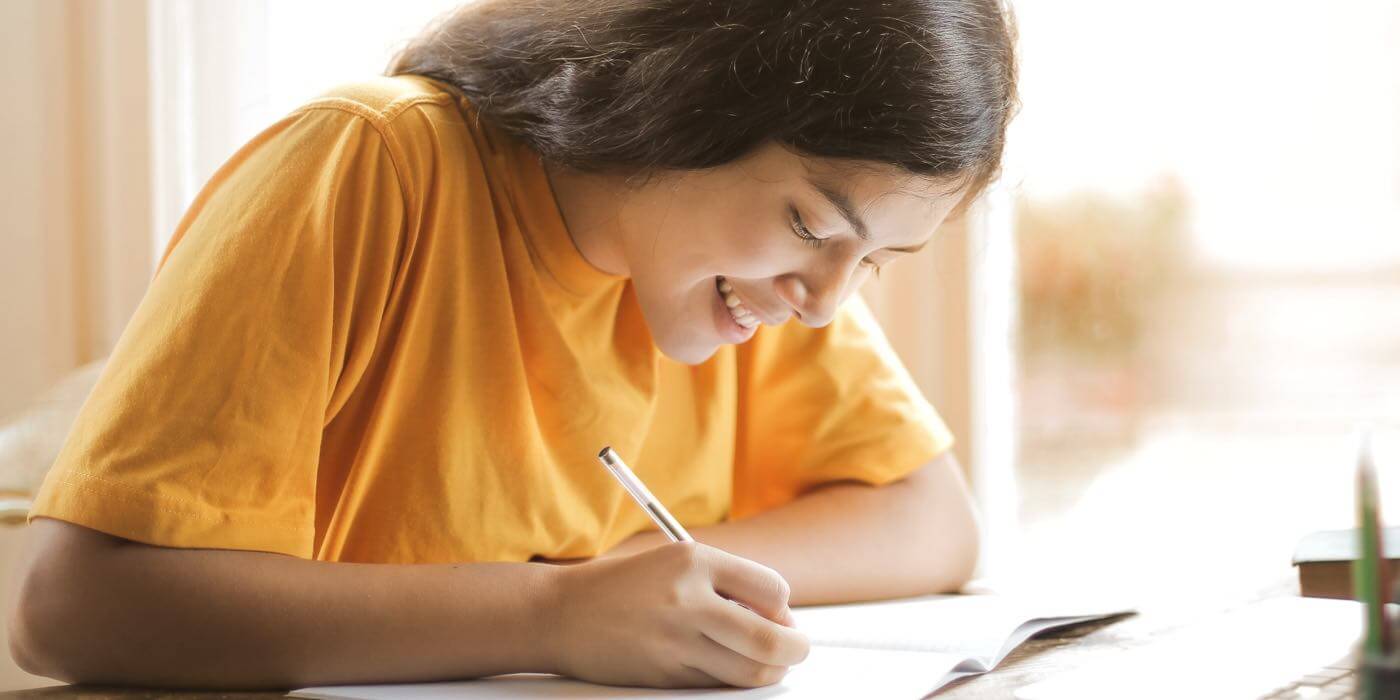
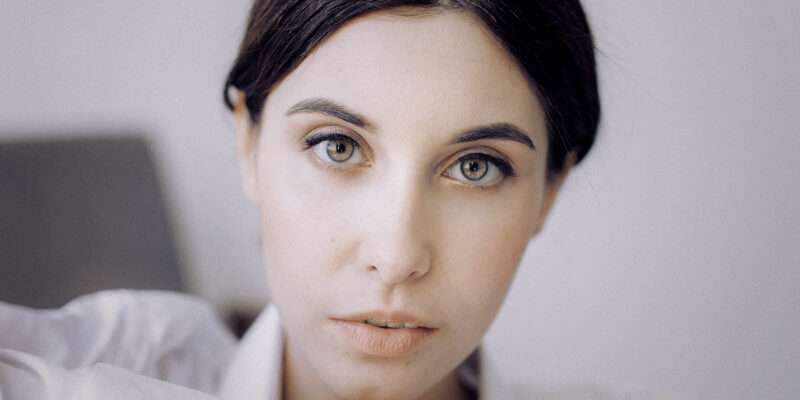
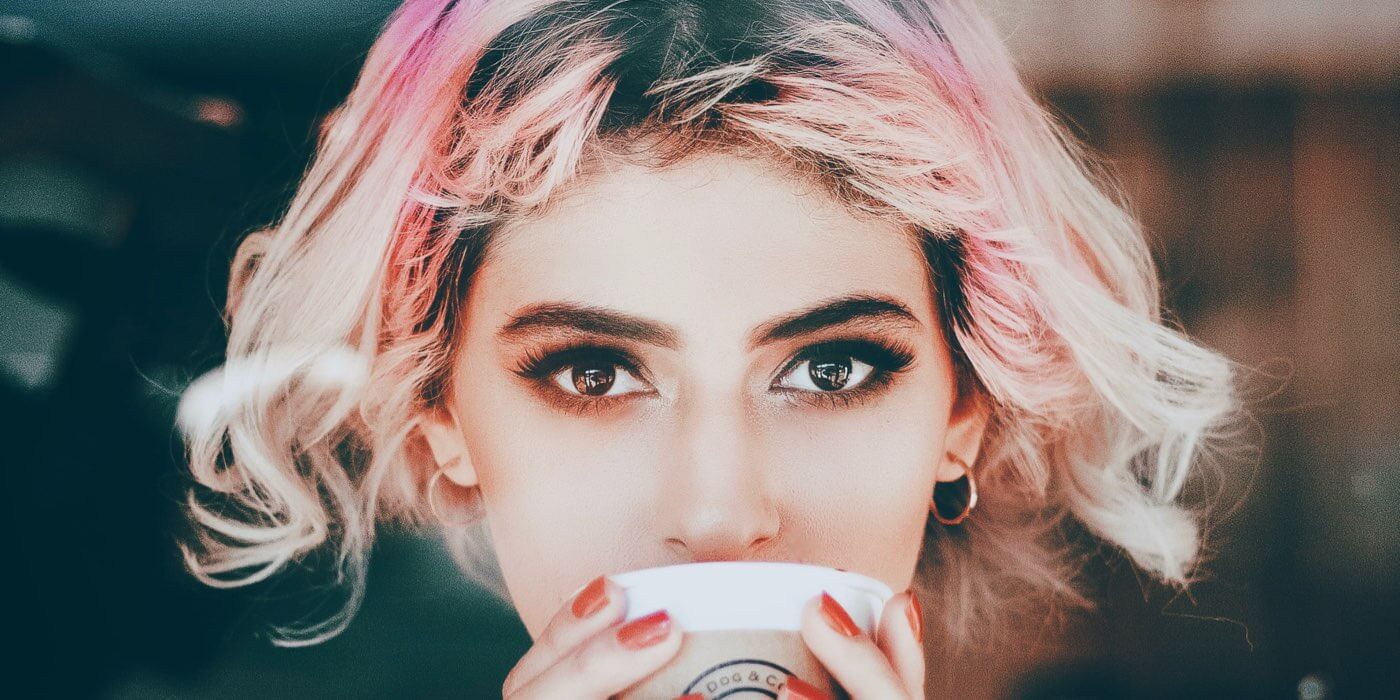
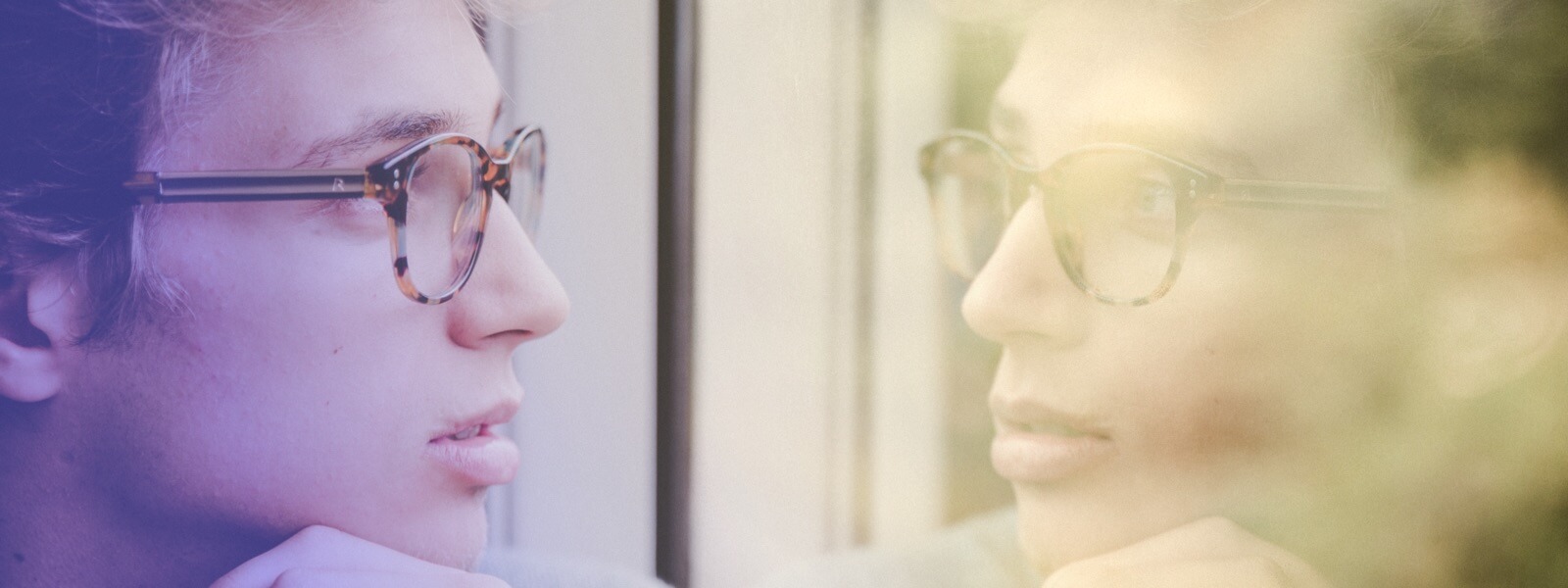
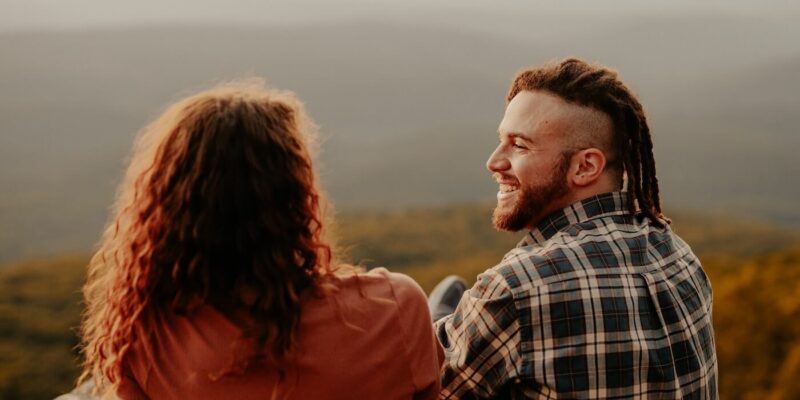
19 Comments
Add YoursThank you Nick! You gave me a 1-2 punch this morning. My sister had been raving about your weekly emails, so I subscribed. I’ve been reading them and they have been ok. But, like the Buddhists (I think) have it, when the student is ready, the master will appear. I was ready this morning for both your “anger” article and this “creativity” article. So, I am creatively putting myself out there by publicly replying my thanks to you! (Simultaneously decreasing my frustration/anger…)
Thanks ????
Rob
Hey Rob, thanks for the kind words! Glad these two were applicable. I do write about a pretty wide range of stuff so I totally get it if much of it isn’t especially applicable. Glad these hit, though 🙂
This is exactly the reasoning I’ve been looking for to put together Amy it up for teachers that work internationally but are not able to travel right now because of current global conditions. Some of the teachers have met untimely demise because if their isolation. Some people think creativity isn’t productive. I started a series called Brain Breaks, that also meetups for teachers to attend where they can do anything they want creative. Even just taking one minute to breathe and clear your mind of everything else can calm you. People did not believe me they wanted proof they wanted articles they want research. Thank you for being an inspiration for hundreds of thousands of teachers Internationally. I am grateful for you!
This is exactly the reasoning I’ve been looking for to put together a reoccurring meetup for teachers that work internationally but are not able to travel right now because of current global conditions. Some of the teachers have met untimely demise because if their isolation. Some people think creativity isn’t productive. I started a series called Brain Breaks, for teachers to attend where they can do anything they want creative. Even just taking one minute to breathe and clear your mind of everything else can calm you. People did not believe me they wanted proof they wanted articles they wanted research. Thank you for being an inspiration for hundreds of thousands of teachers Internationally. I am grateful for you!
You’re most welcome, Gwyneth!
So now the stress sets in I didn’t edit before I posted. Perhaps I should not have taught 27 classes in a row and then typed a response. I am in need of my own brain break. In addition I know not how to edit my post… oh my…
Nick,
Your article explained so well something I have felt for most of my life, but couldn’t really put into words. I have had anxiety all of my life and being creative has always helped. I have known when I can think about my latest project or future projects my anxiety level goes way down. I am a quilt artist and working on this craft every day. It builds my confidence to just get better at something! I even take my sewing machine on vacations! Your crouton example hit home- I made them just last week! So much better than store bought…Thank you for these articles. I take notes and go back and read over them! They help.
Another homemade crouton aficionado 🙂 So glad the article was helpful, Laury!
I first learned about the benefits of creativity from a lecture I heard about coping with cancer, while I was going through my chemo and radiation. (I wish I could remember the lecturer’s name). His creative activity was baking I was so wonderfully surprised at how healing, satisfying, and helpful doing anything creative was. Doesn’t matter how small the project! And I do not consider myself to be creative. I will always be thankful I heard that lecture, as doing anything creative has helped me cope with life in so many ways.
Thanks Mary—let me know if you remember the name of the lecturer 🙂
Creativity — specifically those forms that require working with one’s hands — are like “manual meditation.” Maybe that’s why it helps reduce anxiety. IMHO it’s why people say it “pulls” them towards that activity.
I especially think we need to encourage kids to find a creative outlet. It can help diversify their interests and can help them be more rounded people as they grow up.
One of your best! I’m thinking about how I’ve been pretty lethargic and stressed lately, and will make some time tomorrow to get back to my creative outlets. Thanks Nick!
Thank you so much Nick. Your articles are full of insight and great wisdom. You are a breath of fresh air, and continue with your good work
Hi Nick,
Your articles are always insightful, but this one is particularly stellar. I’m especially excited by your formulation of anxiety as unspent creative energy.
I’ve been putting concentrated effort into working on myself this past year, trying to truly change some lifelong suffering with paralyzing anxiety and emotional disregulation.
Thinking of anxiety as energy that’s waiting to be channeled into a passion project of any kind had been one of the most important ideas I’ve worked on during this time.
It’s easy to fall into a passive trap of thinking that I’ll be creative IF I feel inspired and motivated. But the key is getting started on doing the work of a creative project regardless of how I feel, then my mood improves, often dramatically, as a result.
I’d like to recommend a wonderful book on this topic, which is also full of step by step advice for people who need to overcome resistance when it comes to creative projects. It’s called “Creative Calling” by Chase Jarvis.
Thank you for all you do, Nick. Your writing and podcasts have been of immense value to me.
Hi I appreciate your regular news letters. I have recently retired and went through a world of doubt and insecurity. My self confidence non existent outside my job. I started to crochet amigurumi animals for my local hospital kiosk and just to his little habit brings me satisfaction and joy and has helped change my perspective on myself and retired life. I have picked up other interests and realise now I’m too busy to work anyway.
This creative lark makes a beautiful life. I have recently joined an art group, and decided the subject would be my mental illness and political commentary. I also write poems which I hope to turn into songs. And I’d like to write Aesops fables. So, as you say, expressing the ideas and emotions rattling around in the brain is connecting, calming and at the same time exciting and confidence building. I am trying to inspire other family members to take up a creative pursuit, and they are thinking about it…. I consider myself to be misunderstood and its a good way to explain things to the world. However your articles really penetrate my negative thinking and help me reintegrate into society which I am forever grateful. And the last paragraph of your emails are particularly enjoyable and inspirational, for example, studying the painter Edward Hopper.
Thanks Nick.
I’m a music therapist and can confidently say that these findings are evidence-based! I love reading your incredible work Nick, you’ve helped me develop so much in my own practice thank you so much for your work 🙂
Hi Nick
I don’t know much about you, except the few articles I have read. Where did you come from? Your writings resonate deeply with in me and have changed my view on life completely. I was about to throw the towel in and give up on it. I just couldn’t seem to get my footing after some life altering event. One right after another. At the end of 2021 I found my roommate/ friend not breathing. I couldn’t, the EMT’s couldn’t resuscitate him. A few week later my youngest sister and I took our sister off ventilators. She had been battling breast cancer for 2 years. I lost my home and was out of my mind. A few weeks later my youngest sister found out she had breast cancer. She has small children at home yet. She was my savior some 20+ years ago when I had a bad automobile accident and almost lost my life and my two small children at the time. But I couldn’t bring myself to be there for her. Then the fallowing year my dear friend whom gave me a place to stay and took all my crap I dished out. Ended up in the icu and 6 days later the family took him off the ventilator. He was like one of those rare friends that most people never find in life. Again I faced being homeless and even more lost than ever. I failed at every turn. I pushed away people I love dearly. Pushed the man of my dreams away and almost everyone in between. I tried and I tried to make heads or tails. My car blew up, I was facing homelessness, and I financially am not making it. Pushed away a man that managed to show me some wonderful times through out all this. I push everyone away and I sit alone most days in a small, and I do mean small camper. I am thankful for this camper I now call home. But it’s been hard and I haven’t handled any of it with grace. I’ve disappointed my daughter whom looked up to me. I’ve gotten ticket for running a red light and a ticket for one other thing. Costly and embarrassing. More failure, more self loathing. Down down I go. I’m in my early 50’s and feel like I should be better equipped to handle all this. Was about to hanging it up despite all my efforts I felt so a lone. Lost! and then I’ve read one of your article and then another and then this one. Wow! Just a man writing how he see it and it has changed my world and the view of it around full circle. I don’t know that much about you. But THANK YOU from the deepest part of my heart thank you for being creative and writing from the heart. It touch my life more than words could every say. Thank you Thank you, please keep being creative. You have breathed life back into this old sad soul. Many Thanks and so full of gratitude for opening up that email and finding your writings. Wonderful! Wow! I think today I will start to live again!!!!
I used to do oil paintings and kind of miss it. Careers and kids get my best creative energy now. Kind of wonder sometimes, can these people interactions be my creative space, or would something more tactile like art fill this space better? If I have any creative angst with the former, it’s that people are never “done.”